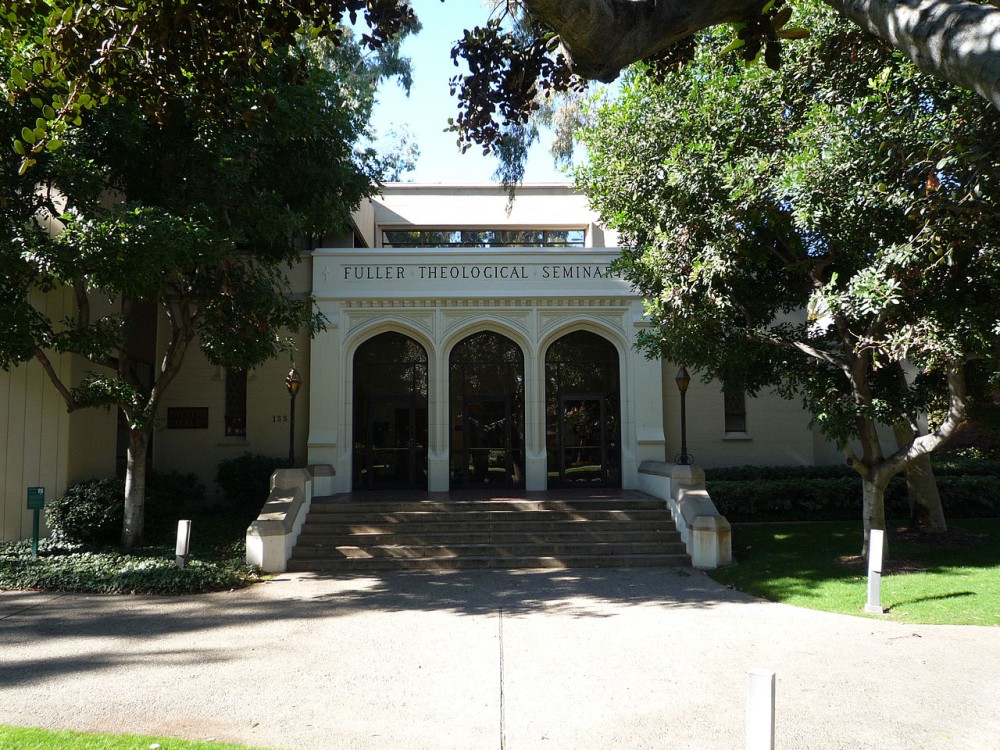Fuller seminary to sell Pasadena campus and move
While still one of the largest seminaries in the U.S., Fuller has faced declining enrollment.

Fuller Theological Seminary plans to sell its campus in Pasadena, California, and move 27 miles east to Pomona in three years.
The sale of the campus will eliminate all of the school’s debt, increase its endowment, and provide “seed funding for state-of-the-art facilities,” seminary president Mark Labberton wrote in a public letter in late May.
“In the last few years we have been through meticulous financial excavation, budget scrutiny, and painful cuts as we’ve navigated an increasingly challenging and disrupted higher education landscape,” he wrote. “Belt-tightening alone, though, is not enough.”





